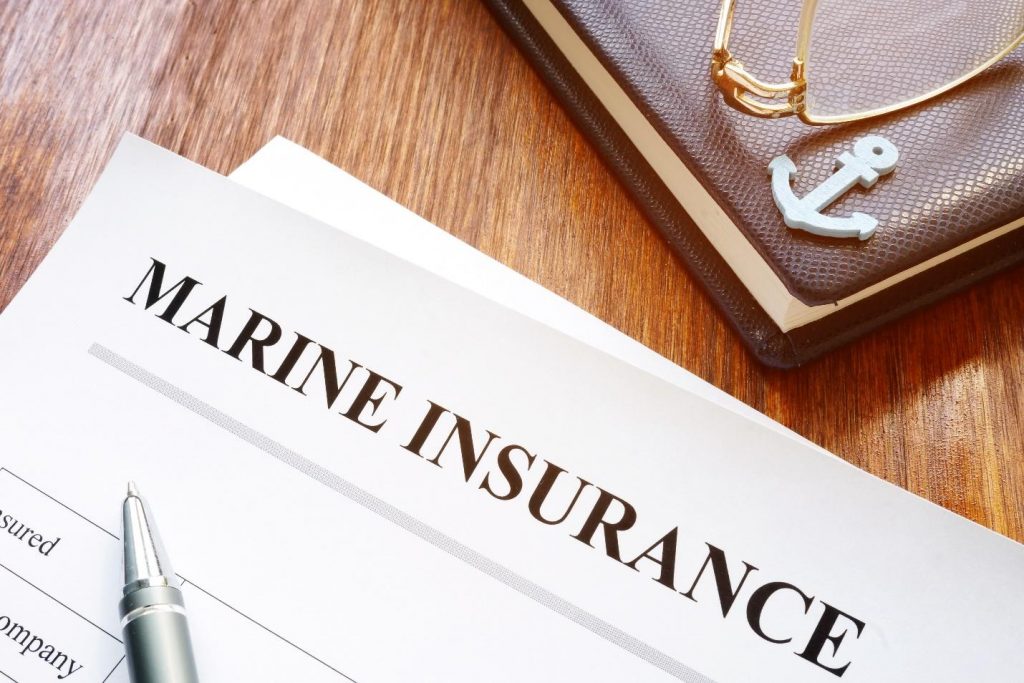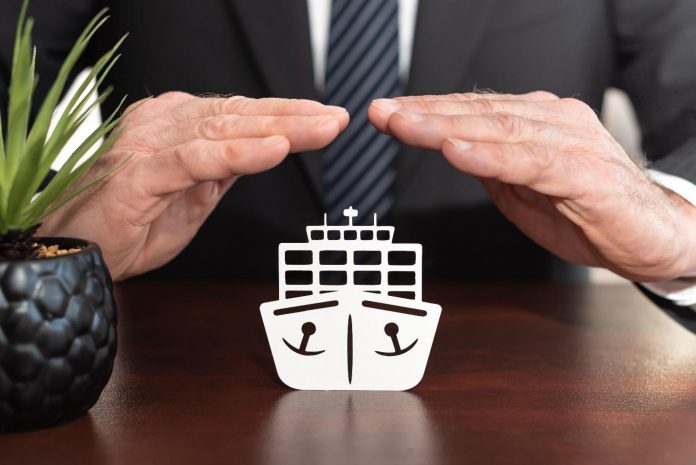If you are a beginner looking to understand what marine insurance is used for, you have come to the right place. This article will cover everything you need to know about marine insurance.
Ships, cargo, terminals, and any other transport or cargo that is moved, acquired, or held between the points of origin and ultimate destination are all covered by marine insurance in the event of a loss or damage. You won’t have to worry about not knowing what the future holds and how it will impact your shipment if you have marine insurance coverage. By shielding them from numerous maritime risks, marine insurance firms provide their clients with more confidence to set and meet new growth objectives.
Without further ado, let’s explore marine insurance in-depth, including what is marine insurance, types of marine insurance, benefits of marine insurance and what else you should know before you set sail.
Features And Benefits of Marine Insurance
Before we get into the types of marine insurance, we need to understand the various features and benefits of marine insurance. These are some of the most common benefits of opting for marine insurance.
- Complete coverage – When you purchase a marine insurance policy, you receive complete protection against all potential maritime-related risks that your products may encounter while in transit.
- Simple Customization – One attractive feature of maritime insurance is how versatile it is. The marine insurance coverage may often be easily modified to meet your unique demands and circumstances.
- Versatility – The marine insurance plans often offer sufficient flexibility and a wide range of alternatives to meet your needs as an insured while taking your budget into account.
Types Of Marine Insurance
There are many marine insurance alternatives available for different types of requirements. After carefully examining each form of insurance, the ship owners must select the one that best suits their needs and profile. Following are some of the most common types of marine insurance.
- Insurance for Marine Cargo
This insurance coverage intends to shield the bearer from financial harm brought on by the loss or damage to goods while it is in transit. It also covers third-party obligations that arise from claims made against the port or the ship as a result of the cargo’s losses. Owners of tankers and transporters of enormous volumes of freight benefit greatly from this type of insurance. It offers coverage against any harm experienced during the voyage due to undesirable situations for the cargo and the shipowner.
- Liability Insurance
Liability insurance is a sort of maritime insurance that seeks to compensate for any liability resulting from a ship colliding or crashing, as well as from any other potential attacks. This type of marine insurance protects the claimant against any type of unforeseen accident.
- Freight Insurance
This kind of coverage protects the shipping corporation. It is relevant when several customers demand reimbursement following the loss of goods at sea. Therefore, choosing this form of insurance is essential for shipping firms. This kind of maritime insurance addresses the issue of businesses losing money due to unforeseen incidents and mishaps.
- Insurance Hull
This type of insurance aims to shield the bearer against harm done to the ship, including harm done to any furniture and other items on board. Given the harshness of the oceans, the significance of this insurance cannot be emphasized. Therefore, regardless of the other form of coverage the ship’s owner chooses, he must choose this type of insurance.
- Wager Insurance
This kind of insurance policy has a slack reimbursement mechanism. The insurance provider provides reimbursement as he sees proper for the suffered damages; no predetermined sum is agreed upon.

Not that we understand what is marine insurance and the situations under which marine insurance can be claimed. Let’s look at some instances which are not covered under marine insurance. Marine Insurance does not cover the following situations:
- Loss or damage brought on by a deliberate act of carelessness or wrongdoing.
- Any harm or loss brought on by a delay.
- Loss or harm brought on by inadequate packaging.
- Financial failure or insolvency of the vessel’s owners, charterers, management, or operators.
- Wire loss or damage, a strike, a riot, or other civil unrest.
- Any loss or harm brought on by using a nuclear bomb, fission, or other radioactive force.
- 1/4th of the damage from the collision.
- Wreck removal.
- Radiation-related contamination.
- Biological, biochemical, chemical, or electromagnetic weapon attack or damage.
Conclusion
The insurance coverage chosen by owners of marine vehicles, such as ships, boats, yachts, etc., who utilize them for transportation or business purposes is known as marine insurance. In this article, we have covered what is marine insurance, the types of marine insurance, and in which circumstances marine insurance cannot be claimed.




















![TamilMV Proxy List Top 30+ [Unblock TamilMV Sites] TamilMV Proxy Unblock](https://technewsgather.com/wp-content/uploads/2023/04/17825836_SL-121019-25870-14-1-100x70.jpg)